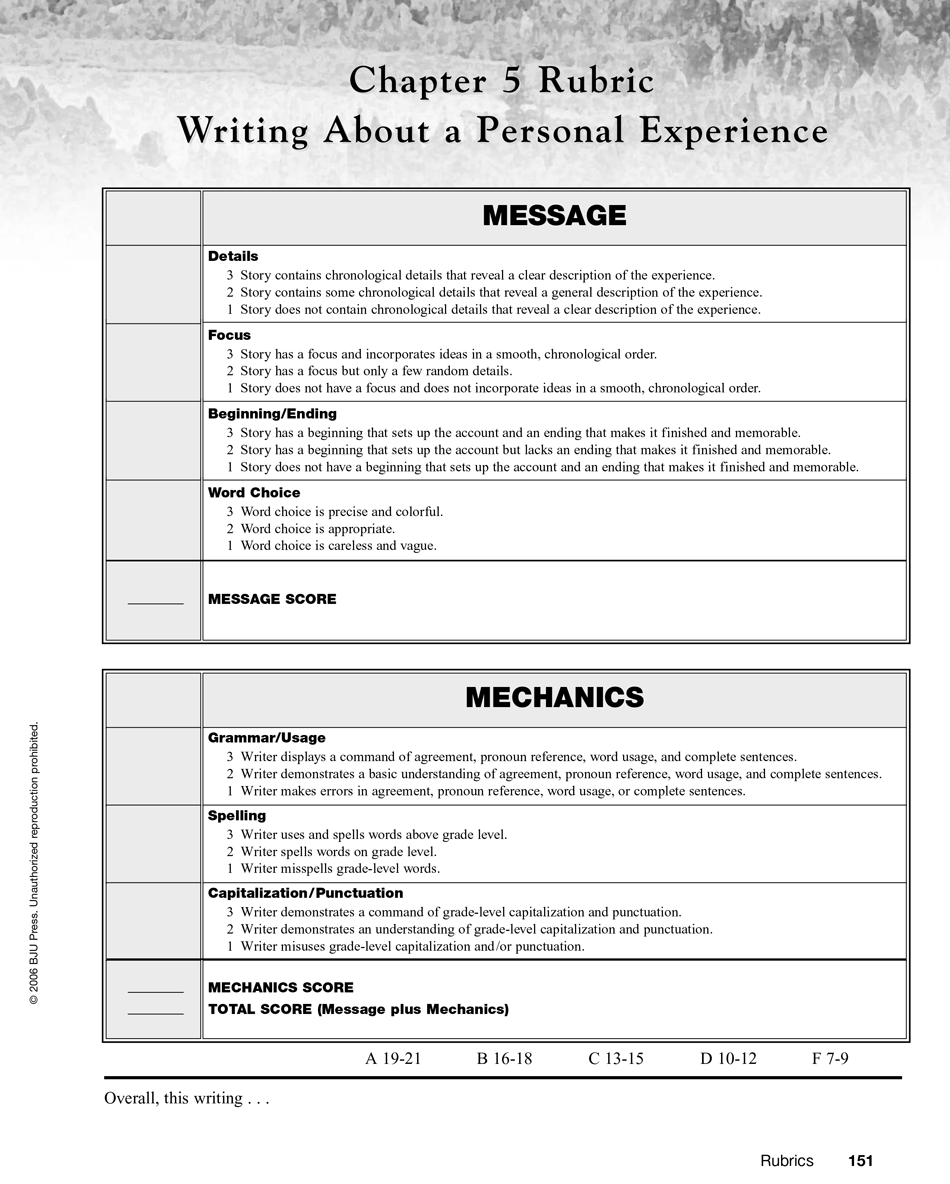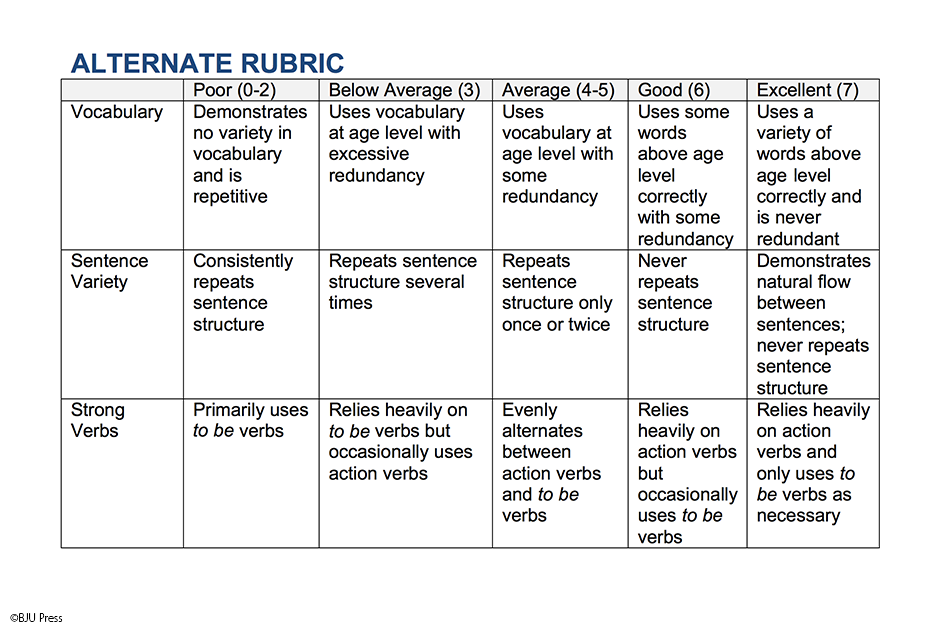
Homeschooling is an extraordinary experience. We have our children at home all the time. As Christian parents, we get to instill our values in them in a Deuteronomy 6:7 sort of way. In fact, that scriptural command is why we want to give our children a Christian education. To do that we have to base everything we teach on a biblical worldview.
But what is a worldview? One online dictionary says that a worldview is a “collection of beliefs about life and the universe held by an individual or a group,” but that’s a little generic. Consider this definition from Merriam-Webster for English Language Learners: “The way someone thinks about the world.” Again, not very specific, especially when we’re trying to construct a solid foundation for our children’s education.
Ken Ham, president of Answers in Genesis, uses a metaphor that I really like. He talks about worldview as a pair of glasses. This illustration resonates with me because it brings the concept of worldview from the philosophical realm into everyday experience.
Ken talks about how two equally intelligent scientists can look at the exact same evidence (say, the Grand Canyon) and come to two completely different conclusions. It’s because they’re viewing it through different lenses. One scientist looks at the Grand Canyon through biblical glasses and sees evidence of Noah’s Flood. The other looks at the Grand Canyon through uniformitarian glasses (the idea that all geological events happen in “uniform” ways) and sees evidence of millions of years. The conclusion each scientist comes to is based on his or her worldview, which determines how he or she views the evidence.
Understanding Worldview
A worldview answers several crucial questions for those who hold it, including where we came from and why we are here. A worldview defines what it means to be human. So we can distinguish one worldview from another by its answers to those questions.
However, most of us don’t think in terms of these grand questions as we go about our everyday lives. But our worldview is still there, shaping the way we see the world.
A simpler way to understand worldview is to think of it as a story—or better yet, a big story. For most people, the answers to life’s most challenging questions fit into a story. This is helpful since small children routinely use stories to interpret their world. But it’s not just for children, adults also think about the world through the lens of the stories they believe.
Telling Different Stories
Seeing worldviews as stories helps Christians understand our own worldview. The Bible is, among other things, a big story. It tells us that God created the universe but His good creation was thrown into disorder by human sin. It also tells us how God is working to redeem humankind from that sin.
Secular humanists tell a different story. They tell a tale of great human progress taking place without God’s involvement. They tell stories about how religion often stops human progress. Their heroes are people who stand up against the church. And scientists like Bill Nye look to education to “save” people apart from God.
Getting the Narrative Right
The stories told by secular humanism dominate public education. That’s why so many Christians have opted for homeschooling. When we homeschool our children, we can tell them the Bible’s true account of creation, fall, and redemption every day of the week.
But there’s a potential problem—if we use curriculum shaped by the secular humanists’ stories then those educational materials will argue for secular humanism. And we can’t change the core argument of secular education by adding devotionals on top—like icing on a cake. We have to teach from a biblical worldview perspective from the get-go.
Science, history, math, and literature must be based on the narrative of creation, fall, and redemption. This true story changes the way we view everything, including education.
Think of ways the Bible’s story changes the way we view subjects such as literature and history.








